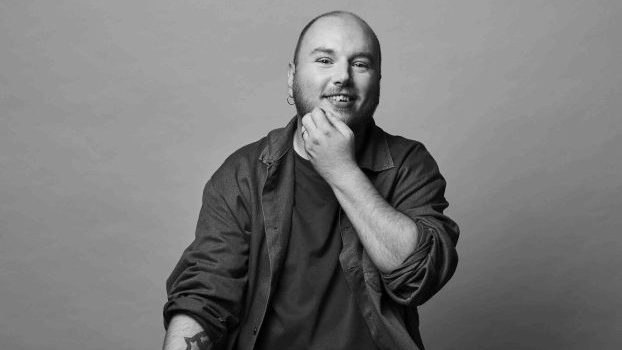Both IPG and Omnicom have released their financial results for the fourth quarter of 2018, with both companies posting organic revenue growth despite significant hurdles.
IPG reported that net revenue grew by 13.3% in Q4, with organic revenue growth of 7.1%. For the full year, net revenue grew 7.5%, with organic net revenue growth of 5.5%. Looking ahead, the company said it is targeting organic growth of between 2% and 3% for 2019. While still positive, the targets are slightly lower than the growth it saw in 2018 due to the loss of the North American Fiat Chrysler media accounts to Publicis after 10 years, though the impact of that loss has been partially offset by a planned layoff of 200 staff in Detroit.
IPG CEO Michael Roth cited the financial results, as well as the acquisition of data marketing company Acxiom, as leading to a “very successful year” for the holding company, which he said also demonstrated the strength of its “client-centric integrated offerings” and the diversity of talent it attracts.
Omnicom, on the other hand, saw Q4 revenue decrease by 2.2% and full-year revenue stay flat at 0.1% growth compared to 2017. The company attributed this to negative foreign exchange rates, net disposition revenue, a decrease in acquisition revenue and the adoption of new accounting standards.
Despite that, the holding company remained optimistic about its results, as organic revenue growth was 3.2% in Q4 and 2.6% for the full year.
Omnicom broke out its organic revenue growth by discipline. In Q4, organic revenue increased by 4.4% in advertising, 4.2% in CRM consumer experience, 1.5% in PR and 7.6% in healthcare, with a 3.7% decrease in organic revenue from CRM execution and support. Regionally, organic growth was 2.6% in the U.S. and 1.3% for the rest of North America (including Canada), 2.4% in the United Kingdom, 5.7% for the rest of Europe, 2.9% for Asia Pacific, 1.0% for Latin America and 4.2% for the Middle East and Africa.
For the full year, Omnicom’s organic growth was 2.9% in advertising, 5.9% in CRM consumer experience, 1.8% in PR and 4.5% in healthcare, while there was a decrease of 2.7% in CRM execution and support. Broken out by market, full year organic growth was 0.7% in the United States, 0.7% in the United Kingdom, 8.2% in the rest of Europe, 7.9% in Asia Pacific and 2.0% in Latin America, while the rest of North America decreased 3.9% and the Middle East and Africa decreased 2.9%.
During a call following the release of the results, Omnicom CEO John Wren said the holding company has been able to satisfy the client need for simplicity from its agency partners while still delivering “award-winning creative” and expertise in technology, data and commerce in a single source. In 2018, Omnicom let go of 1,400 staff, 500 of which were later replaced, as part of a restructuring meant to help the holding company better address those needs. Wren also noted that new business wins for the holding company in Q4 totaled $1.1 billion USD, giving it more reason to be optimistic.
But Wren also said that the transformations at other holding companies – such as Publicis and WPP – have been reorganizing themselves in much more dramatic ways, which is putting pressure on Omnicom to keep pace.
“You don’t mind when your competitors are weak, [but] you really don’t like it when your competitors are wounded because they tend to do things that they wouldn’t do if they were simply weak,” he said.
While other holding companies have been consolidating their business and simplifying their structures, chief financial officer Philip Angelastro added that Omnicom would likely make the same amount of acquisitions as it did in 2018, if not more. The holding company acquired seven companies in the last calendar year.
IPG’s agencies in Canada include McCann, FCB, Huge, Weber Shandwick, Initiative, UM and Media Experts. Omnicom’s agencies in Canada include BBDO, DDB, TBWA, Critical Mass, Hearts & Science, OMD, Touché! and PHD.























